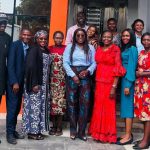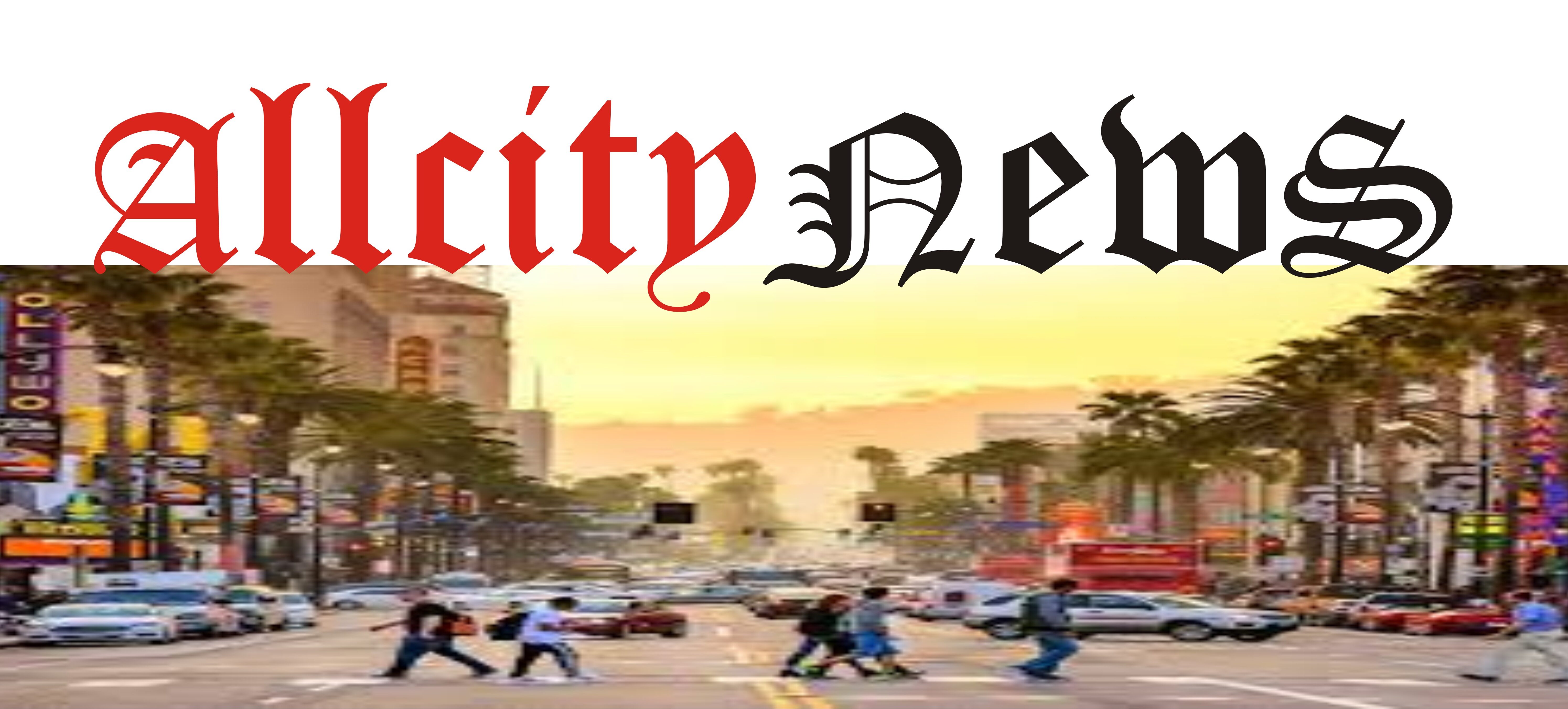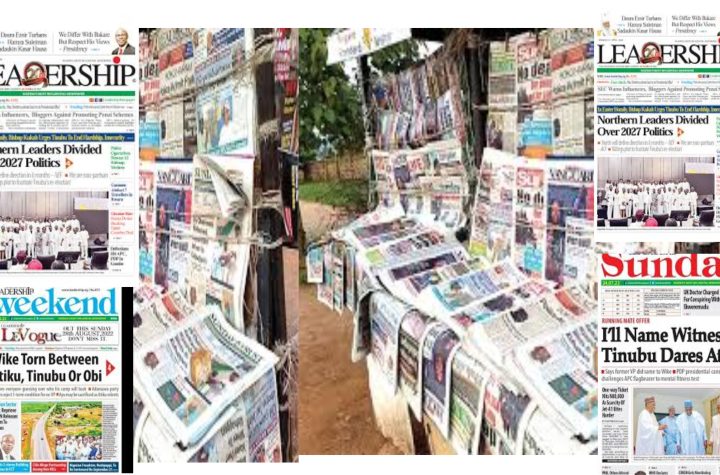
By allcitynews.ng
Apparently concerned on how to bring comfortability to those communities who are suffering in silence despite the huge revenues being milked out from them, an NGO, Global Rights has taken battle for betterlife in its hands.
It noted that decades of neglect of responsible mining ideals and principles across the states in Nigeria have continued to degrade and devastate the environment.
Just as it pointedly lamented that the agelong neglects is leading to an overwhelming sense of injustice by the mining host communities as they continue to watch helplessly the loss of their lands and livelihoods and compromised health occasioned by the environmental pollution coupled with a ‘No SAY’ in the processes that determine how their lands are exploited.

The NGO in a statement said:
On the 31st of May 2022, Global Rights, a human rights and governance capacity-building organization that works at the intersection of security and human rights, in collaboration with Urban Alert, a civic-tech initiative that leverages technology in amplifying the voices of the citizens organized a Twitter Space conversation with the theme:
“Gold Curse: Poverty, Deforestation and Insecurity in the #OsunRiver Valley”.
The conversation was an attempt to mobilize critical voices toward holding the
government and other stakeholders including mining companies accountable for the water pollution, environmental devastation and insecurity fuelled by the unethical mining activities in Osun State.
Speakers at the Space included the Kabiyesi of Atorin-Ijesha, HRM Omololu Toye Afilaka, Mr Iyanda Sunday Olabamiji, a cocoa farmer in Osun State, Tunrayo Semiloore Egbetunmise, a traditionalist in Osun State, the President of Women in Mining in Nigeria, Hon. (Engr.) Janet Adeyemi, the Executive Director of Global Rights, Ms. Abiodun Bayiewu, the Team Lead of Urban Alert, Mr Anthony Adejuwon, a Senior Lecturer at the Federal University of Agriculture, Ogun State, Dr. Temitope Olaifa, and the Principal Partner at Change Partners International, Mr Akachukwu Okafor.
Other speakers included members of the civil societies who participated as part of the audience at the Space. The event had online participation across the country and globally.

Whereas, Nigeria is a nation that is rich in natural resources, both solid minerals and hydrocarbons, the country’s fortune in mineral resources has not translated to wealth or social security for the communities that host these minerals. The mining sector in particular has been characterized by unpleasant stories of environmental degradation and pollution.
Recognizing that the negative environmental impacts of mining are often touted as the greatest impediments to growth in host communities, this injustice that is consistently being done to the environment and the locals living in these communities is often perpetrated by both the big mining companies as well as artisanal and small-scale miners.
A prime example is the ongoing pollution of the major river body in Osun State – the Osun River. The rush for gold extraction in the communities in the state leaves a trail of destruction in its wake. Economically, Osun State is largely based on agriculture and livestock herding before mining began and over the years, slowly and gradually the area blossoming in arable lands and clean water can no longer boast of the same. The natural resources that seemed like a blessing many years ago now stand in the way of progress in the state. From unchecked activities of illegal and licensed miners to heavy pollution in their water and land which affects both physical and mental health as well as their means of livelihood, residents of Osun can no longer boast of the ‘Land of virtue’.
It was against this backdrop that Global Rights in partnership with Urban Alert,
organized this Tweet Space conversation to shine a light on the environmental
degradation happening in Osun State specifically in the Osun River and the unchecked and unregulated mining activities that have put Osun communities in harm’s way and causing Nigeria to lose millions, if not billions, in revenue.
In a unanimous adoption of the agreement reached by the virtual participants on
Tuesday 31 st May, 2022, Global Rights further noted that water is an essential element of life and without access to clean water, our very existence as humans would be at risk and that the Osun River serves domestic, cultural and agricultural as well as industrial use for both residents of Osun State and visitors.
Despite the large number of communities (23 communities across 10 local governments) that depends on the Osun River for their livelihoods and source of drinking water, the government has failed to check the activities of the gold miners that have continually polluted the water.
Observed that the effects of the pollution were first noticed in 2018 when the colour began to change and there has been no response from the government even until now that the colour has completely turned brown.Noted that whereas tests and samples taken from the river show that the Osun River contained dangerous chemicals like lead, mercury and cyanide.
Recognized the fact that the channels of the Osun River run across 23 communities, putting more than two million people at great risk.Observed that research studies commissioned by different key stakeholders had revealed that the illegal gold mining activities are the root causes of the Osun River pollution.
In addition, it was observed that:
1. Illegal gold mining by Chinese nationals in cahoots with local actors has led to so many problems including pollution, arms proliferation, and desecration of shrines and traditional landmarks.
2. The Nigerian Mineral and Mining Act is perennially being breached by unregulated gold miners in Osun State.
3. Foreign miners particularly the Chinese involved in large gold extraction in Osun state are heavily guarded by state security agents there by using instruments of the state to harm citizens.
4. The Ministry of Mines and Steel Development is short staffed and does not have the capacity to fully oversee mining activities going on in rural communities across Nigeria.
5. The host communities are at a disadvantage as there are no socioeconomic benefits that they are deriving from these mining activities.
6. Many of the mining companies perniciously got Community Development Agreements signed by imposters claiming to represent the communities, and as such only execute projects or undertake activities to which the community has not consented.
7. Unless urgent attention is not given to addressing the current damage to the Osun River caused by these mining activities, its effects in the next 10 years may be irreparable.
8. The issues around illegal and unregulated mining is a conversation we must continue to have as part of a larger conversation on enhancing fiscal justice in
Nigeria’s mining sector.
9. The intersection between unregulated mining and the spate of insecurity across Nigeria has been alluded to severally and is worthy of being interrogated in detail by both state and non-state actors.
Recommendations:
1. The Federal Government through the Ministry of Mines and Steel, the Federal Ministry of Water Resources, and the National Environmental Standards and Regulations Enforcement Agency (NESREA) must as a matter of urgency set up an intervening committee to deal with the pollution of the Osun River occasioned by the mining activities in the state.
2. The Osun State Government should conduct periodic environment sensitivity mapping to have baseline data on the quality of soil and water so that they can subsequently gauge the impact that mining has had on the environment of the
state.
3. Civil society organisations in Nigeria particularly those working in the extractive sector must continue to hold both state and non-state actors accountable for unethical mining practices in the country.
4. State Governments should also take the initiative to co-opt key civil society groups and the impacted communities in finding lasting solutions to the devastation caused by mining activities in their states.
5. Beneficial owners of the big mining companies in Nigeria should be unveiled and engaged to facilitate change in mining companies’ approach to mining in the country.
6. There should be increased sensitization on climate-smart mining for all stakeholders in the mining sector.
ADVERTISE or PUBLISH a story on allcitynews.ng: Kindly contact us at ojezand@yahoo.com. Have breaking story!, Please send such with pictorial evidence to the above email. Thank you.
Disclaimer:
Comments expressed here do not reflect the opinions of allcitynews.ng or any employee thereof. It assumes no responsibility or liability for any errors or omissions in the comments.









More Stories
NDLEA intensifying efforts against seaports importation of hard drugs, seeks more assistance of Naval Marine
Over 15 million women are widows, NGO disclose, steps-in for restoration of voices, gets awards for roles played so far
JUST IN: about 20 Kano Athletes returning from Ogun National Sports Festival feared dead in road mishap